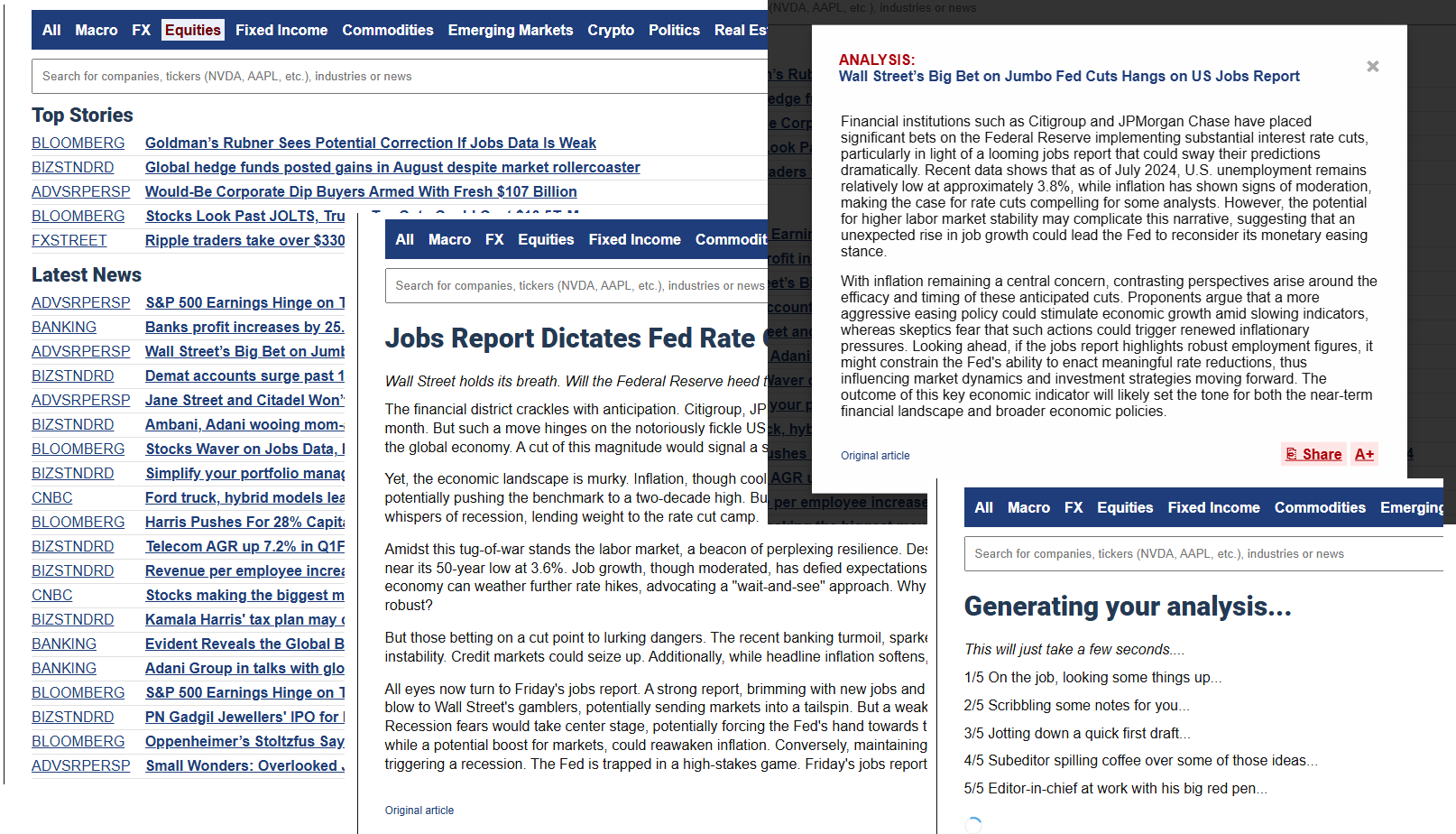Cryptocurrency Innovation Challenges Pharmaceutical Status Quo
In a significant move towards modernizing financial transactions, the introduction of the Boltz BTCPay Plugin heralds a new era for businesses eager to embrace digital currency technology. This plugin allows merchants on the BTCPay Server to accept Lightning payments without custodial risks, marking a bold step towards greater privacy and decentralization in digital transactions. By leveraging the Liquid sidechain, Bitcoin exemplifies its ability to adapt and interoperate, offering merchants unprecedented flexibility in transferring value across various blockchain ecosystems.
The Lightning Network, a second-layer solution on the Bitcoin blockchain, is designed to tackle Bitcoin's scalability issues by enabling rapid, low-cost transactions. This advancement could pave the way for widespread cryptocurrency adoption, slashing transaction times to milliseconds and cutting costs significantly, appealing to both retailers and consumers who value payment efficiency. As cryptocurrencies become integral to the financial landscape, tools like the Boltz BTCPay Plugin are crucial for empowering small and medium-sized enterprises to leverage these technological advancements judiciously.
Concurrently, as cryptocurrency technologies surge forward, traditional industries, particularly healthcare, are involved in transformative dialogues. At the inaugural Drug Channels Leadership Forum organized by HMP Global, leaders from companies like Cencora, Eli Lilly, Optum Rx, and Walgreens are gathered to deliberate on the pressing challenges and opportunities within the US prescription drug market. This assembly serves as a vital platform amidst an evolving healthcare environment, characterized by increasing drug prices, shifting regulatory landscapes, and an intensified focus on value-based care.
The financial contrast between cutting-edge digital finance innovations and the established pharmaceutical market underscores distinct yet converging efforts to enhance accessibility and efficiency. Proponents of cryptocurrency argue that innovations like the Boltz BTCPay Plugin offer pathways to enhanced financial inclusivity and transparency—qualities often perceived as deficient in traditional systems. Conversely, participants at the drug channel forum are expected to emphasize the need for regulatory reform and public-private collaboration to maintain drug affordability and accessibility.
The US prescription drug market, facing significant challenges, is at a pivotal juncture. Escalating drug costs highlight an urgent need for systemic reform. Consolidations within the industry, spearheaded by major companies like Optum Rx and Walgreens, exacerbate concerns about competition and patient choice variety. The forum is set to tackle these issues, with executives likely underscoring initiatives aimed at increasing transparency, improving operational efficiency, and enhancing patient outcomes across the healthcare sector. Nonetheless, the discussions are anticipated to be contentious, as stakeholders balance the pursuit of profit with the demands of public service.
Amidst these complex dynamics lies the potential for payment technology advancements to provide innovative solutions. For instance, non-custodial platforms such as Boltz's BTCPay Plugin could inspire analogous developments within healthcare, leading to more secure, efficient, and cost-effective payment systems for managing healthcare expenditures. Blockchain's transparency promise might attract pharmaceutical companies eager to rebuild consumer trust through more open and verifiable practices.
Meanwhile, as participants at the Drug Channels Leadership Forum navigate the intricacies of the US healthcare system, digital currency advocates continue to champion broader acceptance despite prevailing regulatory hurdles and market volatility. Observers are keenly watching for shifts in US regulatory stances that could affect adoption rates and market strategies, considering potential economic benefits overshadowed by speculative risk concerns.
The drive towards decentralization, embodied by both the Boltz plugin and Bitcoin, clashes with the contemporary healthcare sector's need for centralized coordination among various stakeholders to address high drug prices. However, insights from the decentralized finance sector might inspire innovative strategies within healthcare, where technology could dismantle information siloes and promote better coordination.
As Boltz's BTCPay Plugin makes waves in Bitcoin transactions, the stark contrast with traditional sector challenges becomes clear: speedy adaptation confronts procedural rigidity. Healthcare stakeholders face the challenge of adopting the nimble mindset of tech innovators, integrating flexibility and responsiveness into highly regulated environments.
The potential for cross-sector learning is substantial as digital payment and blockchain technologies continue to permeate daily life, reshaping industry expectations and practices. Companies like Boltz are pioneering this shift, suggesting a future where cryptocurrency and blockchain not only facilitate faster transactions but also serve as the foundation for reinvented commerce in traditional industries, advancing towards more transparent and efficient systems.
Whether in the corridors of blockchain innovation or the leadership halls of healthcare conferences, the essential message remains clear: adaptation is vital. As dialogues evolve and technology advances, the fusion of ideas from these diversified sectors is likely to yield novel solutions that will transform not only their immediate environments but also the broader landscapes of global finance and healthcare.
AI-Powered trading insights: join our email list
Real-Time Market Analysis
Get instant insights on market trends, news impact, and trading opportunities.

